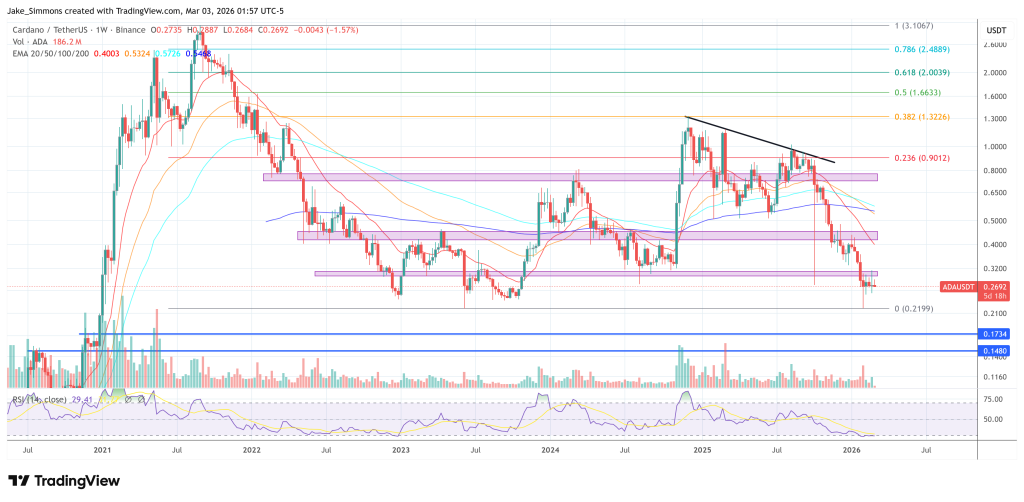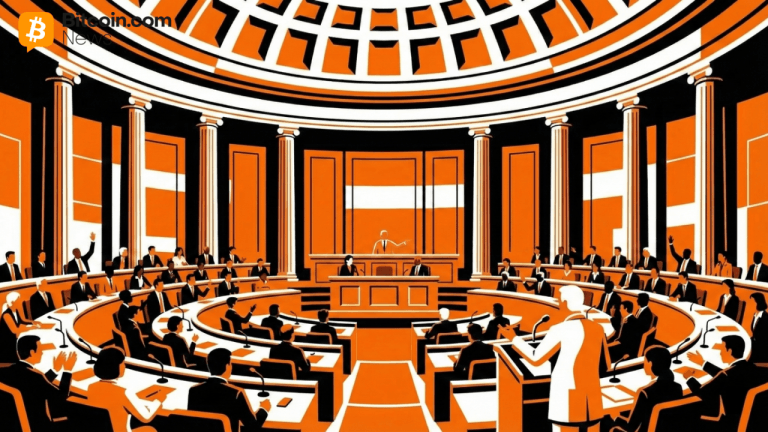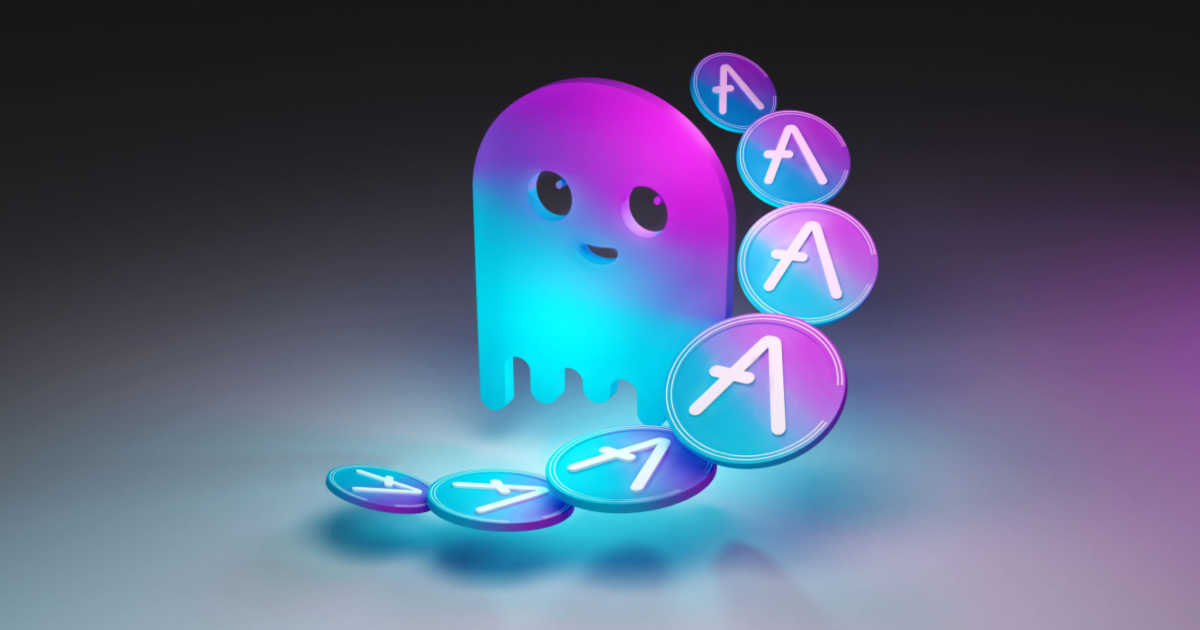
With the rising popularity of Web3 and the metaverse, songwriters and musicians are wondering what music licensing will look like in this new space.
The term “metaverse” is becoming increasingly common, but while many people have likely heard it used, they often don’t know what it means.
It can be difficult to explain the term to someone outside the Web3 space, as the metaverse is still relatively new and evolving. The most important thing to know is that it has the potential to revolutionize the internet and how people live, work and play.
The metaverse is a new frontier of innovation and creativity, centered a great deal around media, which should come as no surprise since many Web2 apps are as well, especially music.
There are entire social media platforms dedicated to sharing music, and those that aren’t have incorporated music in other ways. While this has increased awareness about music licensing in digital spaces, it has also highlighted that some systems in place are outdated and struggling to keep up with the breakneck pace of new technology.
With new possibilities for music in the metaverse, the current licensing system may need to be revamped, given the changing ways music is created and consumed, especially with Web3 innovations like nonfungible tokens (NFTs).
Music in the metaverse has had great success. Many top-name artists have performed concerts in the space, and many artists have seen the appeal of releasing music as NFTs.
Despite the uncertainties and the evolving landscape of Web3, licensing music in the metaverse has massive potential.
Current licensing challenges
Technology is rapidly advancing in the Web3 space, and given how new it all is, there are many kinks to work out. Presently, the metaverse is all about experimentation, so if something fails organically, it will serve as a lesson to others.
Despite much experimentation in the metaverse, licensing remains undeveloped. For Web2 social media platforms, there is a known standard on licensing, and what can and cannot be done. This does not currently exist in the metaverse. The mixture of set standards and laws surrounding copyright and licensing isn’t as concrete as needed for a solid licensing landscape.
Spottie Wifi, a musician and Web3 proponent, sat down with Cointelegraph to discuss the current state of licensing in the metaverse.
“There is a difference between traditional licensing for music and licensing music in the metaverse. The main difference I have seen is that a music license for the metaverse needs to clearly include the metaverse as a distribution channel listed within the scope of the license, or the scope of the license should be so broad that the metaverse would naturally be included,” he said.
Recent: Best and worst countries for crypto taxes — plus crypto tax tips
This would undoubtedly be a simple solution to what is often seen as a nuanced issue. Still, compared with Web2, there are complications around music licensing in Web3 — thanks to NFTs.
.@SpottieWiFi is the best (only) @cryptopunksnfts rapper alive.
— NFT MELBOURNE | 23.03.23 | Tickets on Sale Now! (@NFT_MELBOURNE) March 21, 2023
He disrupted the music industry in August 2021 by selling 2000 NFT albums and generating $192K in revenue in under 60 seconds as an independent artist. pic.twitter.com/iTVrNpvDzl
“I recorded a concept album in 2021 about life in the metaverse, and I sold the album as an NFT collection, which grants the NFT holders a license to use and commercialize the music however they like while I still retain ownership of my masters and publishing,” added Spottie Wifi.
“There are NFT collectors that use music in this way in the content they develop, including metaverse experiences, video games, podcasts, films and advertisements.”
Musicians want to avoid exploitation and ensure that their music is used appropriately. This requires properly enforcing intellectual property (IP) rights, which is a complicated process in the metaverse.
“For now, the most effective means of enforcing IP rights as a songwriter in the metaverse is probably to simply enforce those IP rights on Web2 platforms like YouTube, Instagram, etc., through what is known as Content ID. Content ID is an automated system that removes content from those platforms if that content infringes someone’s music copyright,” Spottie Wifi explained. “This can help enforce copyright in the metaverse because a lot of content that is broadcast in the metaverse still comes from those Web2 platforms.”
This brings to light another issue surrounding copyright. If users can create their own virtual spaces or events within the metaverse, they will likely want to include copyrighted music as a part of their creation, just like on social media platforms. This could raise issues around obtaining the necessary licenses to use the music, and monitoring and enforcing those licenses.
As the metaverse is likely to be global, determining who monitors and enforces licenses could pose challenges because copyright law, performance rights, music licensing and regulation would be cross-jurisdictional. The global aspect also causes other issues outside of copyright, with questions about how to properly compensate musicians when their work does get used. As a standard for music licensing gets set for this space, royalty structures that differ from traditional music licensing models could be complex.
Licensing potential in the metaverse
Broadcasting music into the metaverse from Web2 platforms to protect artists might be the easiest thing to do now, but this method will become outdated when music licensing in the metaverse provides more protection.
According to Hendrik Hey, founder of media licensing firm Media Industry Licensing Content — a blockchain-based content licensing company — a new approach to licensing is on the horizon.
“There is a simple interface being developed where any musician can enter their license information. Licensing music in the metaverse works with the addition of blockchain technology. In a blockchain, anyone who knows what they are doing can create a hash in which they store all the information relevant to the license. The assets that someone would want to license are then found in the metaverse itself,” Hey told Cointelegraph.
While not entirely theft-proof, the blockchain hash is relatively safe and transparent, and could make the licensing process much easier.
“The blockchain hash will be automatically generated and would then serve as proof that the information of the license is correct. It is important to be able to prove that you are the true owner of a license and that the information is accurate, and the blockchain can clearly show who the real owner is in the event of a legal dispute,” Hay added.
The developments Hey discusses would simplify the process, as the places where the music is found would provide explicit information about what the licensor wants. The user could then decide if they want the license or not. This cuts out many steps, gets everyone to their destination quickly and can set standards currently missing in the space.
Recent: Web3 a hot topic at SXSW despite bear market and declining interest in NFTs
From developmental and artistic perspectives, the future of the metaverse is bright, with massive potential for success and high earnings for content creators.
When Spottie Wifi sold his album as an NFT collection, he generated $192,000 in just 60 seconds. The revenue went directly to his wallet, and intermediaries were cut out. With NFT releases, the artists own their music and increase potential revenue.
The metaverse could become the new mainstream as its popularity increases. With people like Hey developing the space, and artists like Spottie Wifi experimenting with it, music licensing will become less complicated and no longer fold under the pressure of digital spaces.

You can get bonuses upto $100 FREE BONUS when you:
💰 Install these recommended apps:
💲 SocialGood - 100% Crypto Back on Everyday Shopping
💲 xPortal - The DeFi For The Next Billion
💲 CryptoTab Browser - Lightweight, fast, and ready to mine!
💰 Register on these recommended exchanges:
🟡 Binance🟡 Bitfinex🟡 Bitmart🟡 Bittrex🟡 Bitget
🟡 CoinEx🟡 Crypto.com🟡 Gate.io🟡 Huobi🟡 Kucoin.


















Comments